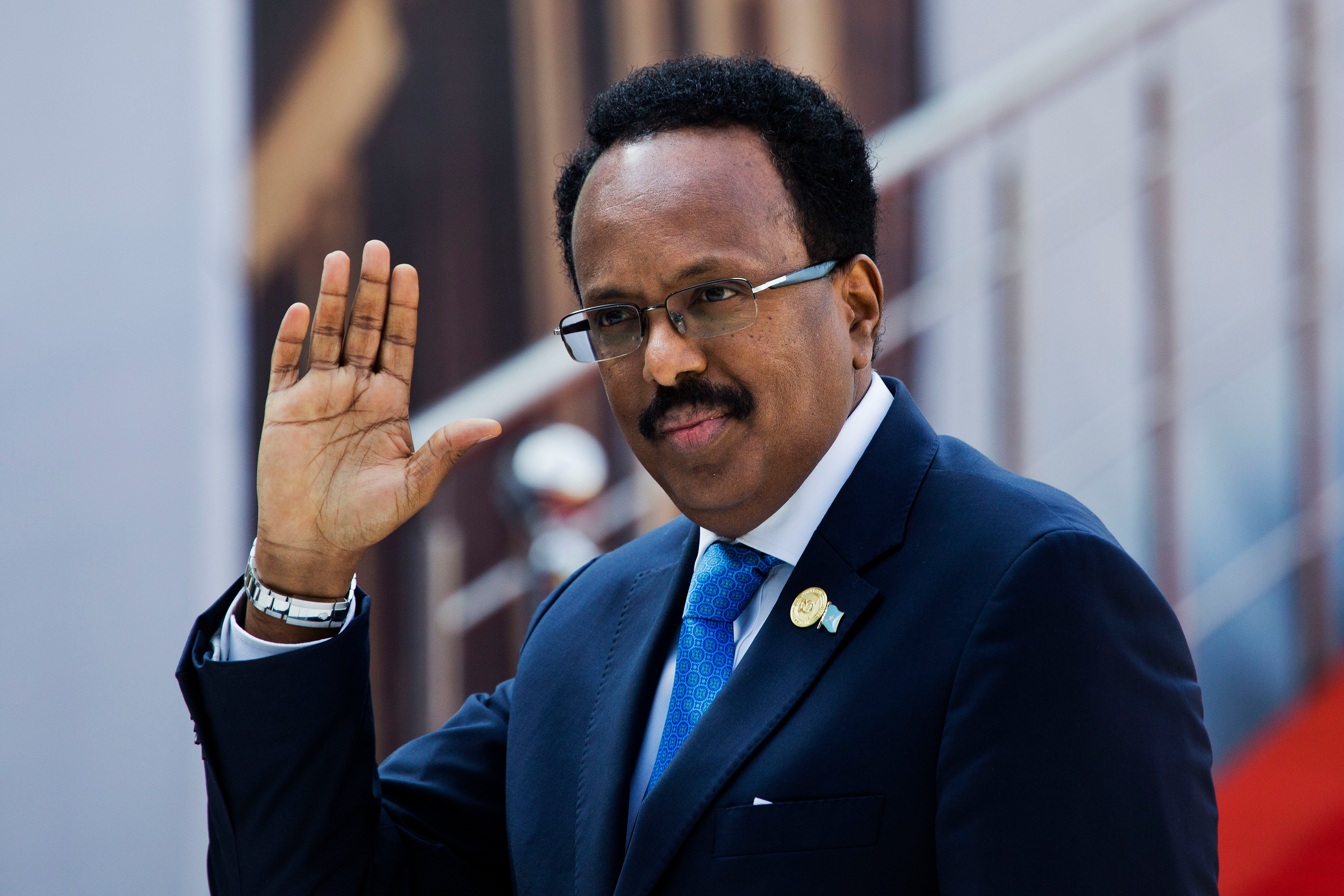Somalia’s parliament votes to extend president’s mandate
Somalia’s parliament has voted to effectively extend the mandate of the president and federal government by two years in an attempt to end a political crisis after national elections were delayed in February

Your support helps us to tell the story
From reproductive rights to climate change to Big Tech, The Independent is on the ground when the story is developing. Whether it's investigating the financials of Elon Musk's pro-Trump PAC or producing our latest documentary, 'The A Word', which shines a light on the American women fighting for reproductive rights, we know how important it is to parse out the facts from the messaging.
At such a critical moment in US history, we need reporters on the ground. Your donation allows us to keep sending journalists to speak to both sides of the story.
The Independent is trusted by Americans across the entire political spectrum. And unlike many other quality news outlets, we choose not to lock Americans out of our reporting and analysis with paywalls. We believe quality journalism should be available to everyone, paid for by those who can afford it.
Your support makes all the difference.Somalia’s parliament on Monday voted to effectively extend the mandate of the president and federal government by two years in an attempt to end a political crisis after national elections were delayed in early February.
The vote to hold a direct election in two years’ time, which would require the federal government and president to stay in office, came amid international pressure on Somali leaders to end the stalemate. The United Nations has warned that Somalia, rebuilding after three decades of conflict and still rocked by extremist attacks, can hardly afford more instability.
Somalia’s government has been unable for months to reach agreement on how to carry out the election, with the regional states of Puntland and Jubbaland objecting on certain issues and the international community warning against holding a partial election. The crisis led to deadly violence against demonstrators who opposed an election delay.
Monday’s vote in parliament was almost unanimous, with 149 lawmakers in support, three against and one abstaining. The international community has warned against a mandate extension.
The vote followed a brief drama in which the police commissioner for Mogadishu and its surroundings, Sadaq Omar Hassan, ordered police to stop the parliament meeting in order to “avoid instability.” He was fired shortly afterward.
Somalia now faces the prospect of its first one-person-one-vote direct election in decades. Parliament ordered that a caretaking council of ministers support the electoral commission in its preparations for that vote.
President Mohamed Abdullahi Mohamed “urges the citizens to seize the historic chance to choose their destiny as the House of the People voted to return the elections mandate to the people,” the presidency said in a Twitter post.
Contentious issues in months of talks on the election process included the formation of the electoral management commission, the selection of commission members for the breakaway region of Somaliland.
Somalia began to fall apart in 1991, when warlords ousted dictator Siad Barre and then turned on each other. Years of conflict and attacks by the al-Qaida-linked al-Shabab extremist group, along with famine, left this Horn of Africa country of about 12 million people largely shattered.
Al-Shabab controls large parts of southern and central Somalia and often targets the capital with suicide bombings. The extremist group has been a frequent target of U.S. military airstrikes.